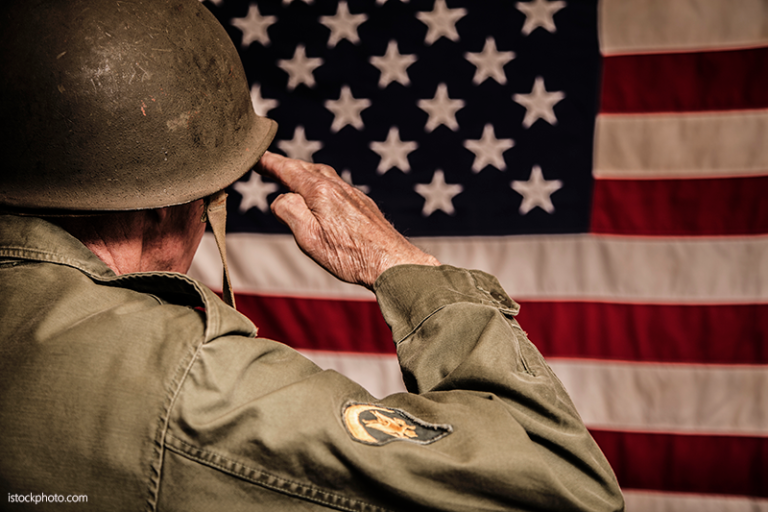
Veterans Day and the University
Veterans Day has a long and storied history, beginning in the U.S. in recognition of the conclusion of World War I. “The Great War” formally ended on June 28, 1919, with the signing of the Treaty of Versailles. However, fighting…



